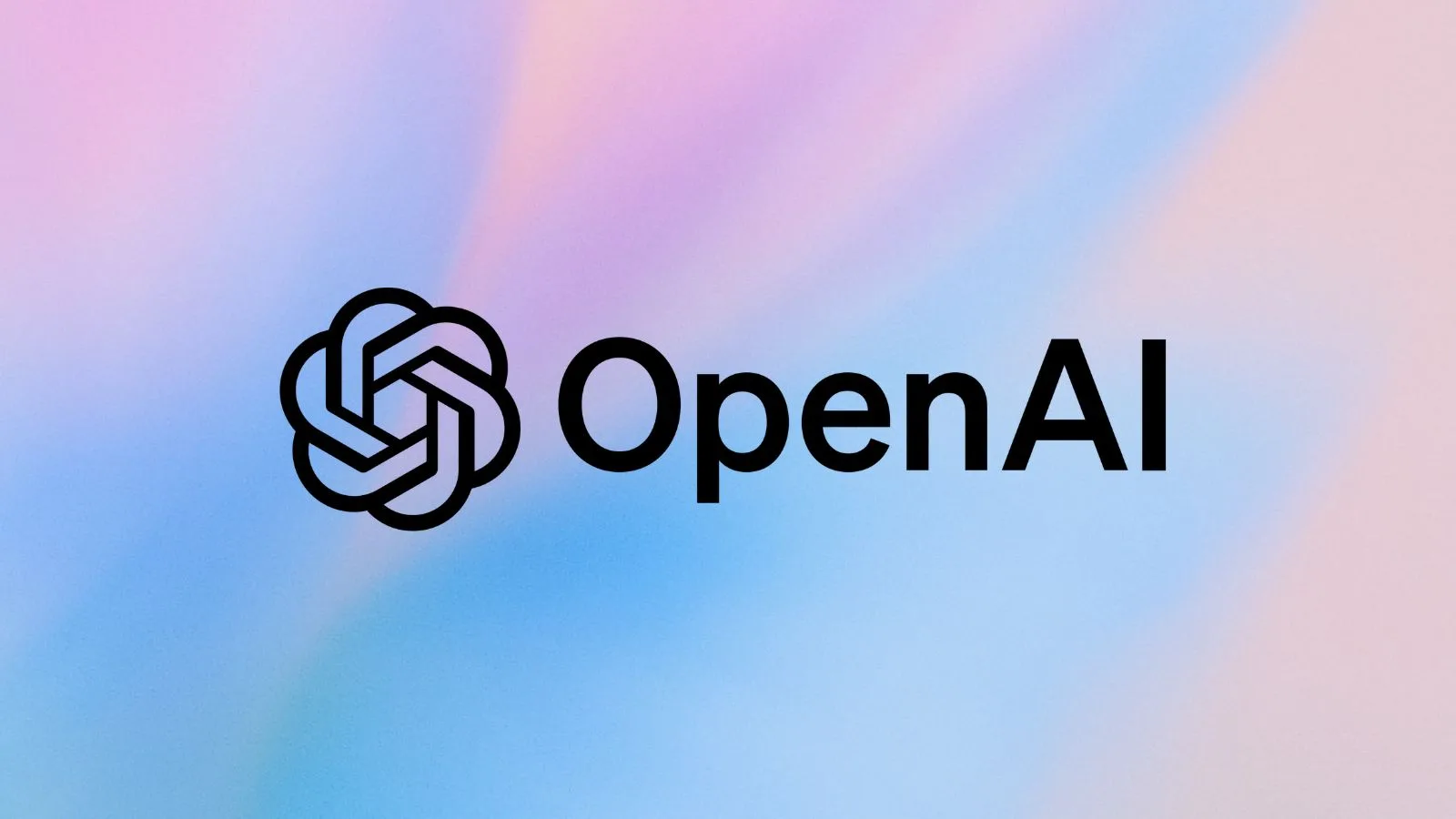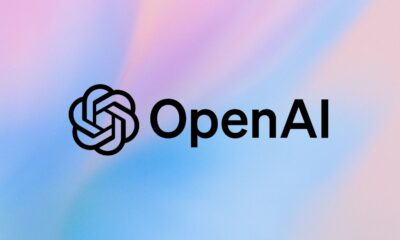AI
OpenAI wants Trump administration help fund $1.4 trillion AI dream
Sam Altman says “We don’t want or have government guarantees for OpenAI data centers.”

Just a heads up, if you buy something through our links, we may get a small share of the sale. It’s one of the ways we keep the lights on here. Click here for more.
OpenAI has some big plans (like “rebuild-the-internet-and-the-power-grid” big) and now it’s politely asking the US government for a little help footing the bill.
In a recently surfaced letter to the White House, OpenAI’s chief global affairs officer, Chris Lehane, pitched the idea that the federal government should expand its Advanced Manufacturing Investment Credit (AMIC).
It’s a 35% tax credit created under the Biden administration’s Chips Act, to cover not just chip fabrication, but also the power-hungry backbone of AI: data centers, AI servers, and even grid components.
“Broadening coverage of the AMIC will lower the effective cost of capital, de-risk early investment, and unlock private capital,” Lehane wrote, corporate-speak for “help us build faster, cheaper.”
The letter also nudged Washington to speed up permitting for new data centers (no small ask, given how much energy they consume) and to create a “strategic reserve” of essentials like copper, aluminum, and rare-earth minerals, basically, the AI version of a doomsday prepper’s pantry.
The letter, originally published October 27, flew under the radar until this week, when OpenAI execs started fielding awkward questions about what, exactly, they wanted from the government.
At a Wall Street Journal event, CFO Sarah Friar said the feds should “backstop” OpenAI’s infrastructure loans, a comment that immediately set off alarm bells.
Friar later walked it back on LinkedIn, admitting she “muddied the point.”
CEO Sam Altman then jumped in to clarify: “We don’t want or have government guarantees for OpenAI data centers.”
In fact, Altman said, taxpayers shouldn’t be bailing out tech companies that make bad business bets (a subtle clapback at, basically, half of Silicon Valley).
Still, OpenAI’s ambitions remain massive.
Altman claims the company will surpass $20 billion in annualized revenue by the end of 2025, with $1.4 trillion in capital commitments over the next eight years, a scale that makes even Google’s moonshots look thrifty.
OpenAI isn’t asking for a bailout. It’s just asking Uncle Sam to make building the future of AI a little less expensive.

























